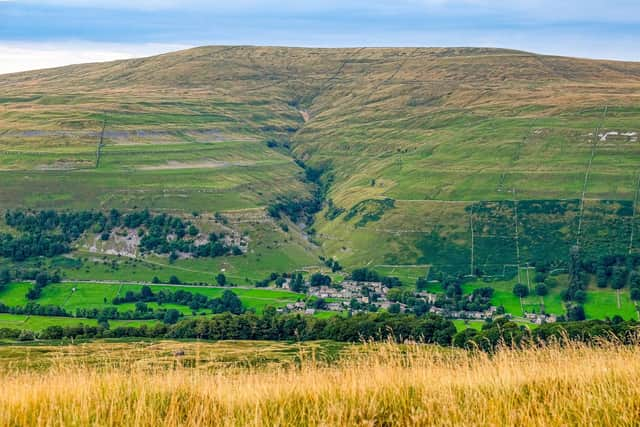Council tax on second homes to tackle 'ghost villages' in North Yorkshire
Second home owners in North Yorkshire look set to be the first in England to pay double council tax after the council’s executive recommended the scheme be started from April 2024 should Government legislation to grant local authorities such powers be approved.
Just hours after the decision, a full meeting of the Yorkshire Dales National Park Authority heard members enthusiastically back the move and agree to write to the council to support the extra charge that some of its leading figures had hoped would be introduced in 2017.
Advertisement
Hide AdAdvertisement
Hide AdThe decision also follows last year’s Rural Commission recommending a charge is levied on second homes and used to finance affordable housing, helping to reverse the exodus of young families from scenic areas of the county.


Scalby and the Coast division councillor Derek Bastiman said: “I accept that there are ghost villages – there are many throughout the whole of the county.”
The meeting heard while communities in the Yorkshire Dales were suffering from properties left empty for much of the year there had also been dramatic changes to villages in the North York Moors National Park.
Danby and Mulgrave councillor David Chance said in the North York Moors village where he lived “there are so many second homes now that the heart has been ripped out”.
Advertisement
Hide AdAdvertisement
Hide AdUpper Dales councillor Yvonne Peacock told the meeting it was very difficult to explain to people who lived in urban areas what it was like to drive through a village in winter “to see no lights on in any of the windows because there is nobody there” or thinly-attended community events due to second home owners being elsewhere.
She said: “I can’t emphasise enough the importance of this and the importance of the message it sends.”
Some opposition councillors have claimed the premium will prove difficult to implement while people who have owned properties in the county for decades say the move will simply make second homes the preserve of the rich.
The council has forecast the charge will raise more than £14m a year.
Advertisement
Hide AdAdvertisement
Hide AdCoun Gareth Dadd, the authority’s finance boss, said he had been assured that the chances of people avoiding the charge by flipping their second homes into holiday lets would be minimised by the authority.
He said in Wales, where a premium on second homes was introduced in 2017, the number of second homes had risen despite the measure, so the projected £14m the county council aimed to raise from the tax charge was realistic.
Coun Dadd added “short of disasters and emergencies” the council intended to ringfence the funds raised through the tax to create “local homes for local people”.
He said: “We have seen certain villages and certain communities in North Yorkshire, as identified by the Rural Commission, altered beyond recognition due to the high hotspots of second homes. We cannot stop, nor would we want to, people making a choice to buy second homes, but some of the effects of that has to be mitigated.”
